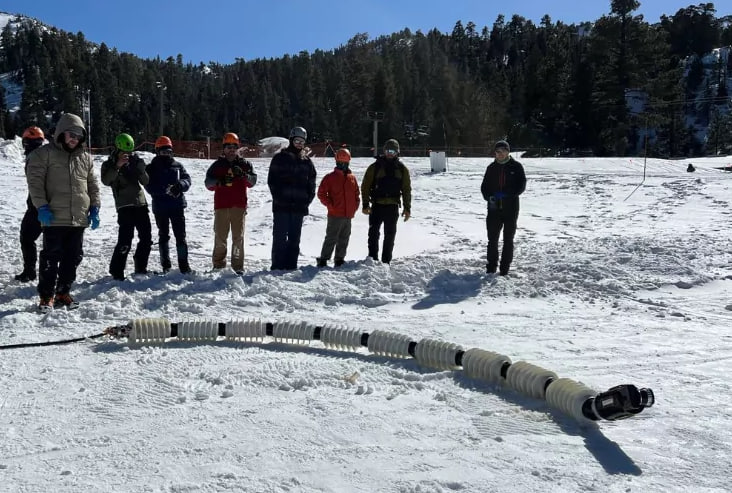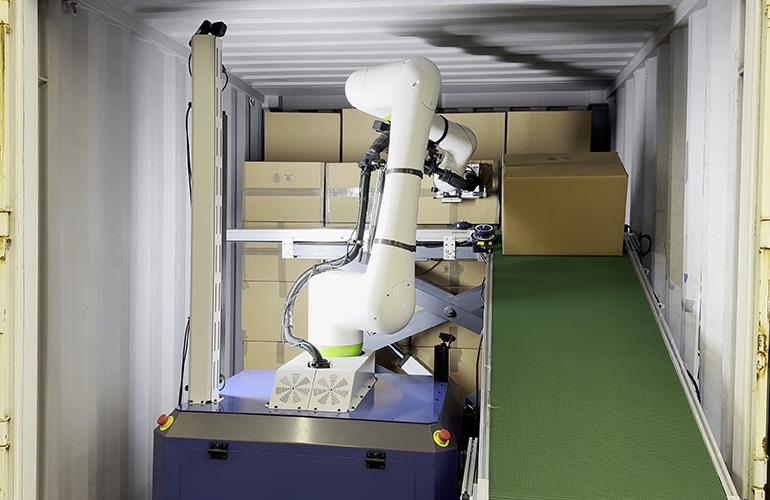▌ Introduction
Imagine a world where navigation is possible without GPS. Australian company Q-CTRL conducted a unique experiment by installing a quantum gravimeter on board the MV Sycamore ship. This device, based on the principles of quantum physics, allowed the vessel to successfully navigate for 144 hours without access to satellite navigation.
▌ What is a Quantum Gravimeter?
A quantum gravimeter is a device that measures changes in the Earth's gravitational field using the interference of freely falling atoms cooled to ultra-low temperatures. Unlike traditional inertial systems, which accumulate errors over time, the quantum gravimeter provides high accuracy and stability, independent of external signals.
▌ How It Works
The principle of operation of a quantum gravimeter is based on measuring the time it takes for atoms to fall in a gravitational field. Atoms, cooled to temperatures close to absolute zero, become extremely sensitive to even the smallest changes in gravity. These changes are detected and compared with gravitational maps created from satellite measurements.
▌ Advantages of Quantum Navigation
Quantum navigation offers several advantages over traditional systems:
- Independence from GPS: Quantum gravimeters are immune to interference and attacks on GPS signals, making them ideal for use in conflict zones or remote areas.
- High Accuracy: Quantum sensors provide accuracy comparable to GPS, but without the need for satellite connectivity.
- Autonomy: The system operates autonomously, without requiring external signals for correction.
▌ Real-World Applications
Quantum gravimeters can be applied in various fields:
- Military Navigation: Providing reliable navigation in environments with active GPS jamming.
- Maritime Navigation: Assisting ships in polar regions where GPS is less reliable.
- Geological Exploration: Searching for underground resources such as oil and minerals.
- Scientific Research: Studying the Earth's gravitational field and its variations.
▌ Conclusion
The quantum gravimeter is a groundbreaking technology that could change the approach to navigation and geological exploration. It enables the creation of more reliable and independent systems that can operate even in the most extreme conditions. The future of navigation without GPS is here, and it promises to be more accurate and secure.


















